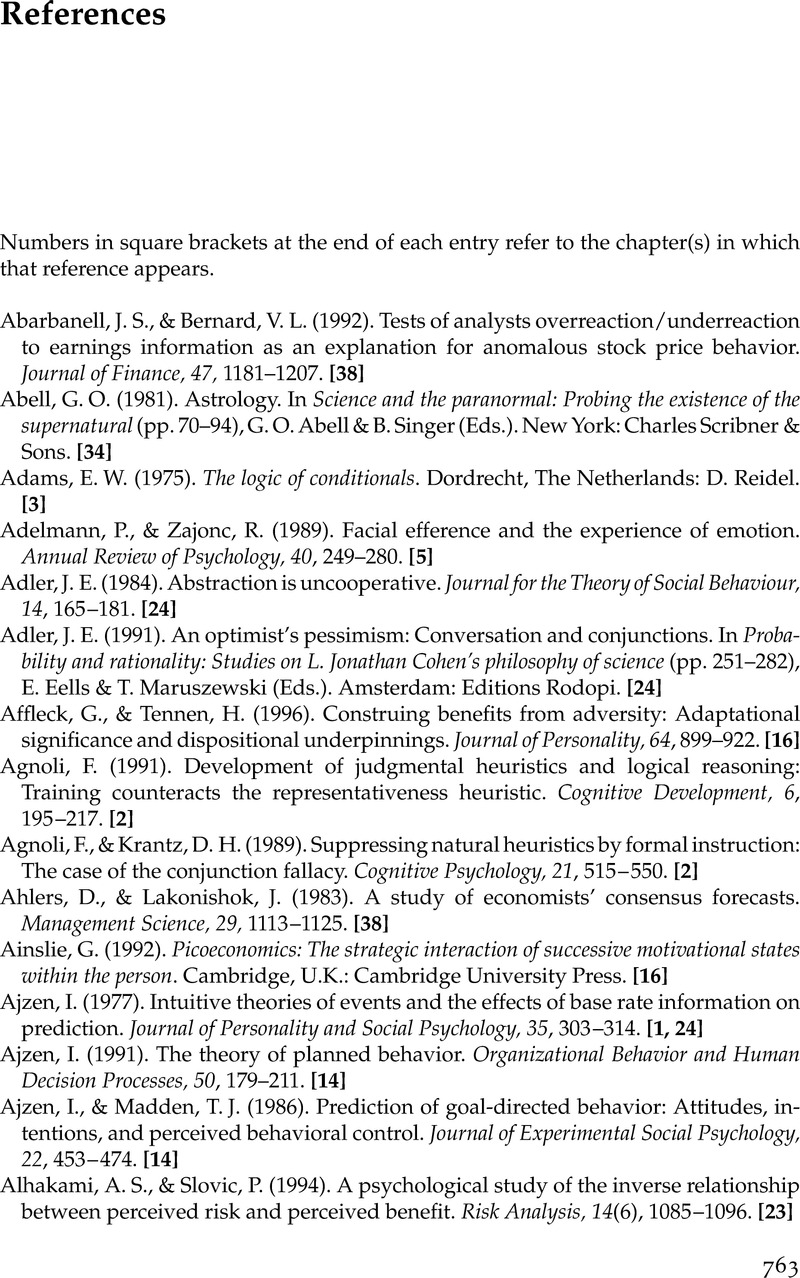
**A Comprehensive Examination of John Bargh’s *Before You Know It: The Unconscious Reasons We Do What We Do***
John Bargh is a prominent name in the realm of social psychology. Throughout his journey, he has designed thought-provoking experiments aimed at uncovering the hidden, unconscious factors that influence our actions. His research on “social priming”—the notion that subtle signals in our surroundings can sway our behavior without our conscious recognition—has established him as a pivotal figure in this domain. Despite this, his pioneering work has faced criticism, particularly amid psychology’s ongoing “replication crisis,” a movement that has cast doubt on the reliability of numerous psychological findings, including those of Bargh himself.
In light of this context, Bargh’s *Before You Know It: The Unconscious Reasons We Do What We Do* (released in 2017) presented an intriguing chance to see how one of psychology’s most prominent—and debated—figures would tackle these challenges. Regrettably, while the book features engaging narratives and approachable insights, it fails to adequately confront the controversies tied to Bargh’s own studies, and its theoretical framework occasionally appears incomplete.
### The Positive Aspects: A Narrative Virtuoso
In *Before You Know It*, Bargh excels as a storyteller. His prowess lies in intertwining personal anecdotes—reflecting on his experiences, road trips, and even his fondness for iconic rock groups like Led Zeppelin—with thorough yet easy-to-understand accounts of fundamental psychological research. His genuine warmth comes through, granting the book a conversational and appealing quality that is likely to engage readers interested in the unseen dynamics influencing everyday life.
Bargh employs vibrant, relatable illustrations to show how seemingly insignificant elements can profoundly impact human behavior. For example, one of his most recognized studies — in which participants who unscrambled words associated with elderly stereotypes were observed to walk more slowly afterward — is narrated with his familiar enthusiasm, capturing the fascination behind such social priming research. Another compelling instance describes the “warmth” experiment, wherein holding a hot beverage led participants to evaluate a stranger more favorably compared to those holding a cold drink. These illustrations underscore how easily we can be influenced by subtle environmental factors, frequently without any conscious recognition of these effects.
Bargh’s extensive knowledge of significant psychological concepts, spanning Skinner’s behaviorism to Freud’s psychoanalysis and Darwin’s theories of evolution, enables him to contextualize his research within broader interdisciplinary frameworks. This integrative approach—as well as his passion for both his experiments and psychology overall—renders *Before You Know It* an engaging read for those who may be less acquainted with the complexities inherent in psychological science.
### The Negative Aspects: The Replication Crisis and Absence of Rebuttal
Nonetheless, the book’s allure cannot mask its shortcomings, particularly in addressing the replication crisis that has unsettled the field of psychology in recent years. Many of the experiments Bargh discusses, especially in the area of social priming, have been criticized for their replicability issues. For various factors—suspected methodological flaws, statistical irregularities, and other biases—the foundational aspects of Bargh’s most significant contributions have come under scrutiny.
Given the weight of these criticisms, it appears somewhat negligent that Bargh does not engage with them meaningfully. Readers seeking deeper insights regarding his own studies, awareness of the broader recapitulation challenges within psychology, or even a defense of his research methods may find themselves disappointed. The replication crisis is not addressed, and Bargh opts not to respond to his detractors, which may suggest he is disregarding or overlooking the changing landscape of psychological research.
### An Oversimplified Interpretation of “Unconscious”
Another significant concern with the book is Bargh’s excessively broad interpretation of “unconscious.” Although the idea of unconscious motivations and effects has a longstanding and rich background (primarily rooted in Freud), Bargh appears to extend the term beyond its practical confines. As described in the book, nearly any action whose complete causes are not consciously articulated or verbalized could be deemed “unconscious.” Under this definition, most human behaviors, including everyday choices for which we do not provide thorough explanations, may be categorized as “unconscious.”
This characterization not only diminishes the term “unconscious,” but it also poses a risk of misleading readers, particularly those who might anticipate the term to hold substantial theoretical significance. Merely because an individual cannot fully articulate their actions does not mean that these actions were driven by profound unconscious elements—especially by any rigorous psychological or philosophical standard.
Bargh’s application of the term seems to conflate different types of unawareness. For example, equating the inability to clarify the reasons behind a choice with being influenced by unconscious forces is a considerable leap, akin to the types envisioned by psychoanalytic perspectives or automatic cognitive processes embedded in our neural architecture. This imprecision in defining such a crucial term undermines the overall credibility of his arguments.